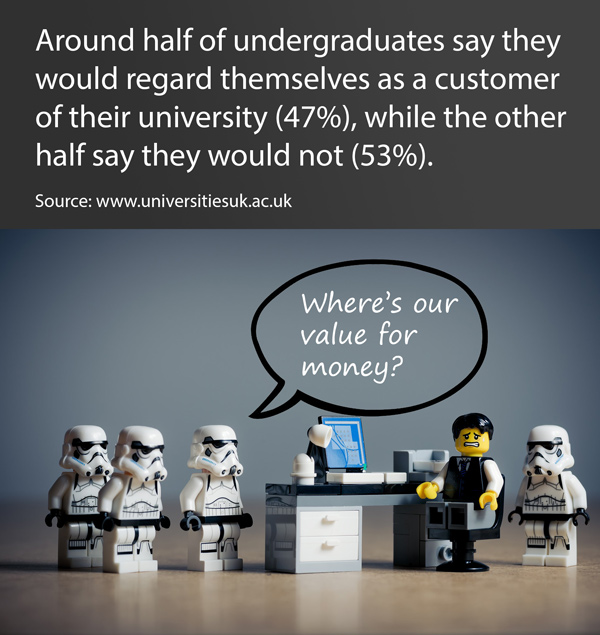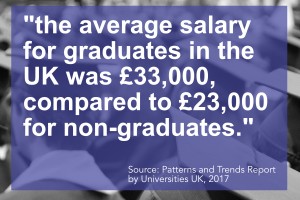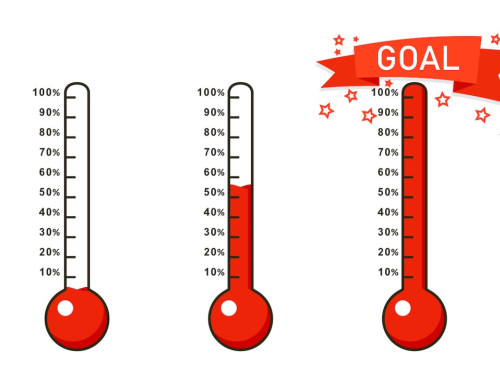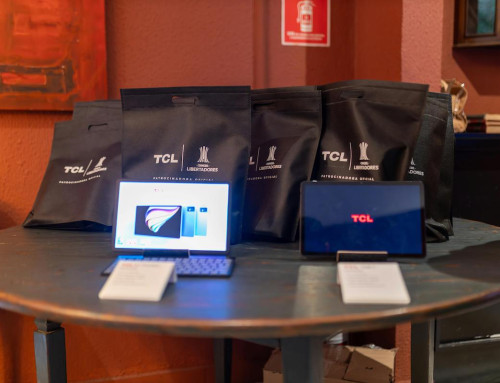Since tuition fees were introduced in 1998, seismic shifts in attitudes have resulted in a notably different student-institution dynamic today. Many students that pay for education see themselves as customers, and two decades of graduations have resulted in these fee paying generations representing a significant portion of your alumni body. It is time alumni offices acknowledged that it is not only students who might consider themselves ‘customers’.
Students as Customers
This change towards the ‘students as customers’ should come as no surprise.
Indeed it was the explicit intention of the Minister of State for Universities and Science:
“Defending his decision to hike fees, David Willetts said that students would become ‘customers’ who would in turn have ‘much greater expectations’ from universities.”
When the government permitted institutions to charge £9000, they also removed most of the funding support for student fees, forcing many universities to charge the maximum to cover costs.
 A student from Liverpool Hope University said “As a customer, and a student, I wouldn’t buy my lunch from Waitrose, I’d go to Tesco because that’s better value. Unfortunately, there is no competition in fees for universities as they all set it to the same price, which, in my opinion, is not value. Universities believe it is fair to charge people the same amount irrespective of how much “output” they actually provide, so at the end of the day, you’re paying for that degree certificate.”
A student from Liverpool Hope University said “As a customer, and a student, I wouldn’t buy my lunch from Waitrose, I’d go to Tesco because that’s better value. Unfortunately, there is no competition in fees for universities as they all set it to the same price, which, in my opinion, is not value. Universities believe it is fair to charge people the same amount irrespective of how much “output” they actually provide, so at the end of the day, you’re paying for that degree certificate.”
It is a difficult situation. Calling students “customers” may sound empowering on initial inspection, however, there are negative consequences to this commercially oriented relationship.
Seeing students as customers influences how teaching staff deliver lectures, with many reporting they are less willing to challenge students for fear of getting negative feedback. From a student perspective, feeling like a customer makes them feel that the onus is on the lecturer to ensure the outcome they paid for is contractually met. In this case, a degree.
 It turns out that from a legal standpoint, they are correct. The Consumer Rights Act of 2015 stipulates that university students who have purchased a course have the same rights as any other consumer where the service fails ‘to conly there now exist private educational operations that offer a money-back ‘job offer guarantee’! Perhaps a harbinger of what is to come?
It turns out that from a legal standpoint, they are correct. The Consumer Rights Act of 2015 stipulates that university students who have purchased a course have the same rights as any other consumer where the service fails ‘to conly there now exist private educational operations that offer a money-back ‘job offer guarantee’! Perhaps a harbinger of what is to come?
The bottom line is we have been conditioned to view ourselves as customers if we pay for a product or service.
There is little that can be done, and the number of students seeing themselves as customers is rising. Since fees were introduced, a survey by Universities UK has found that nearly half of undergraduates now consider themselves as a customer of their university (whilst only 18% would for their school).
Institutions can ultimately demonstrate value delivery by using a statistic such as ‘the average salary for graduates in the UK was £33,000, compared to £23,000 for non-graduates’.
The challenge for alumni professionals is to maintain a relationship with our graduates and demonstrate continued value as they walk out the door.
 Alumni as Customers
Alumni as Customers
Once the degree is in the bag, there is a big risk of a ‘transaction complete’ mentality kicking in. This attitude is not exclusive to alumni but can also be reflected by the institution itself. To many at universities, alumni are seen as ‘job done’ and thus a lower priority. Thankfully, leadership is increasingly acknowledging the importance of a strong alumni community and its criticality for essential fundraising.
Fortunately, universities have a distinct advantage when competing for attention; four out of five alumni say that they value the relationship with their institution. It is crucial, however, that at the end of a course, fresh alumni are stewarded carefully and welcomed to continue their role as your ‘customer’. Invite them to join your community, much like those customers of top ‘participatory brands’ feel when they walk out with their purchase.
In my next blog, Death by Disruption, I explore this theme further drawing lessons from how disruption is impacting the private sector.
I am pleased to share the International Alumni Relations Report we produced in collaboration with CASE. It contains key findings that support my personal passion for leveraging online technologies to build communities that create meaningful relationships between people.
Daniel Watts
MD, Aluminati Network Group






